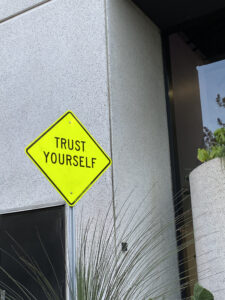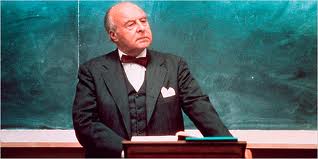David Trend
It’s no secret that online learning has its problems, witnessed in the historic failure and drop-out rates resulting from thrown-together course overhauls in the early COVID months. Less widely reported has been another kind of failure owing to a loss faith in educational institutions and a widening trust gap between teachers and students.
Inherent school power inequities have aggravated antagonisms – now made even worse by a range of surveillance and security technologies. The distance in “distance learning” can create an atmosphere of alienation and distrust. When the in-person classroom is reduced to a screen image, teachers and students can seem more like abstractions than actual people.
The distance in “distance learning” can create an atmosphere of alienation and distrust. When the in-person classroom is reduced to a screen image, teachers and students can seem more like abstractions than actual people.
This opens the door for all sorts of communication failures and misunderstandings, not to mention stereotyping and harm. The objectifying tendencies of media representations long have been associated distortions in the way individuals and groups view each other, whether in the marketing of products, sensationalizing news items, or spreading ideologies on social networks. When “Zoom school” does this, underlying beliefs and assumptions can overtake the reality of encounters, generating attitudes that destabilize the learning environment.
These problems have become especially evident in the panic about student dishonesty in online learning, as the absence of classroom proximity quickly escalated in into assumptions of cheating. Early in the 2020s a torrent of news reports warned of an “epidemic” of dishonesty in online learning, with some surveys showing over 90 percent educators believing cheating occurred more in distance education than in-person instruction.[i] New technologies often have stoked such fears, in this instance building on the distrust many faculty hold toward students, some of it racially inflected. [ii] Closer examination of the issue has revealed that much of the worry came from faculty with little direct knowledge of the digital classroom, online student behavior, and preventative techniques now commonly used. Indeed more recent research has shown no significant differences between in-person and online academic integrity.[iii] Continue reading “Turn-U-In : Treating Students as Suspects”

